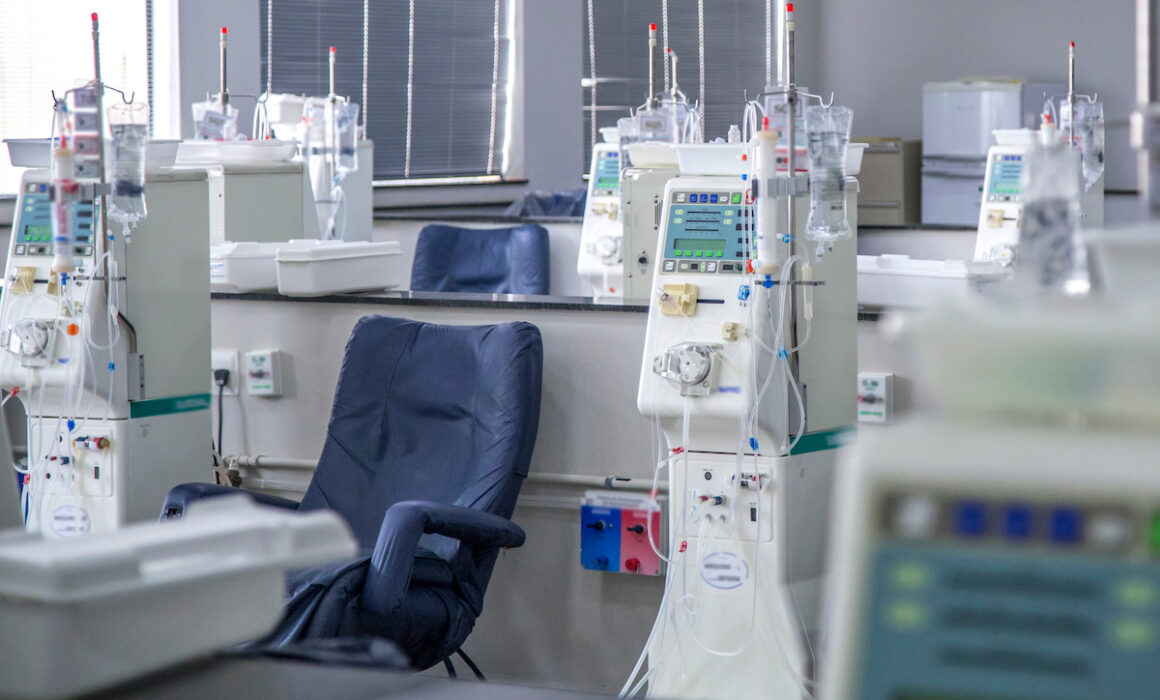An estimated 37 million people worldwide suffer from chronic kidney disease (CKD), with more than 2 million of them receiving dialysis as treatment. 90% of those on dialysis spend half their remaining lifetime hooked up to the machines and traveling to and from their dialysis clinic. In the interest of improving the quality of life for people with CKD, medical equipment manufacturer LiberDi has created an at-home system that could replace traditional in-clinic dialysis.
Led in part by company CEO and Technion alumnus Hezekiah Tsoory, LiberDi’s Digital Dialysis Clinic uses peritoneal dialysis, a cheaper and less invasive method that utilizes the abdominal peritoneum as a filtering membrane for fluid and dissolved substances, which are exchanged with blood that is then cleansed and returned into the body. The needle-free system provides treatment for 20 to 25 minutes, which is much quicker than the 60 to 90 minutes for traditional dialysis. It monitors the patient’s performance of the fluid exchange and is designed to disinfect the catheter that is inserted into the patient’s abdomen.
Two Israel-based clinical studies showed the safety and effectiveness of the Digital Dialysis Machine on 42 patients in hospitals and at home. The study showed that just one 90-minute training session was necessary for caregivers to understand how to operate the system. The device also monitors the patients’ temperature and fluid output and then sends their data to the cloud, where it can be accessed by their healthcare practitioner.
LiberDi received regulatory clearance from the FDA last December and plans to bring the device to the U.S. market this year. They hope to sell the devices to hospitals so that they can train the patient and send them home with it for treatment. They also hope to expand commercialization in Israel, the U.S., and Europe.
